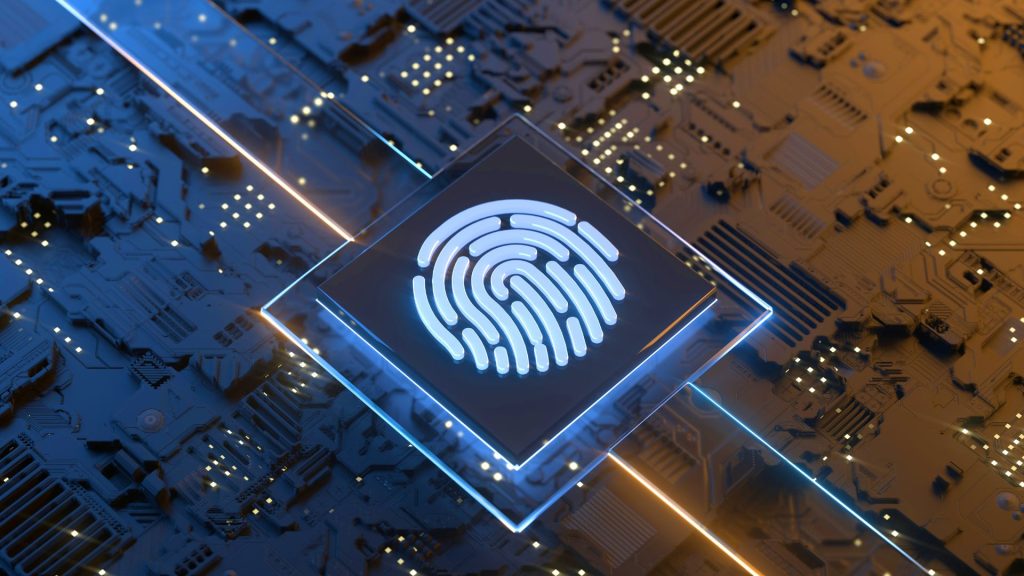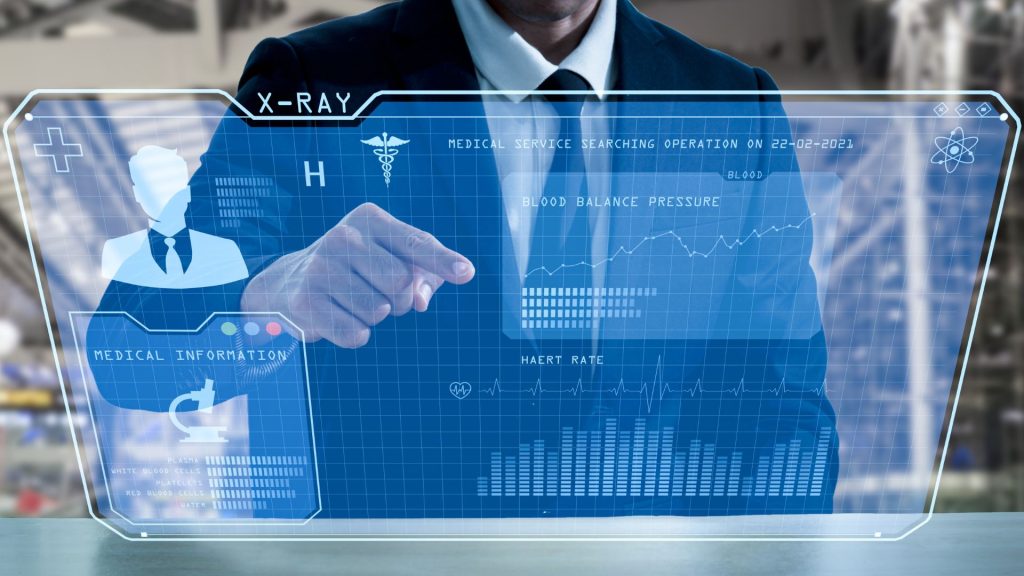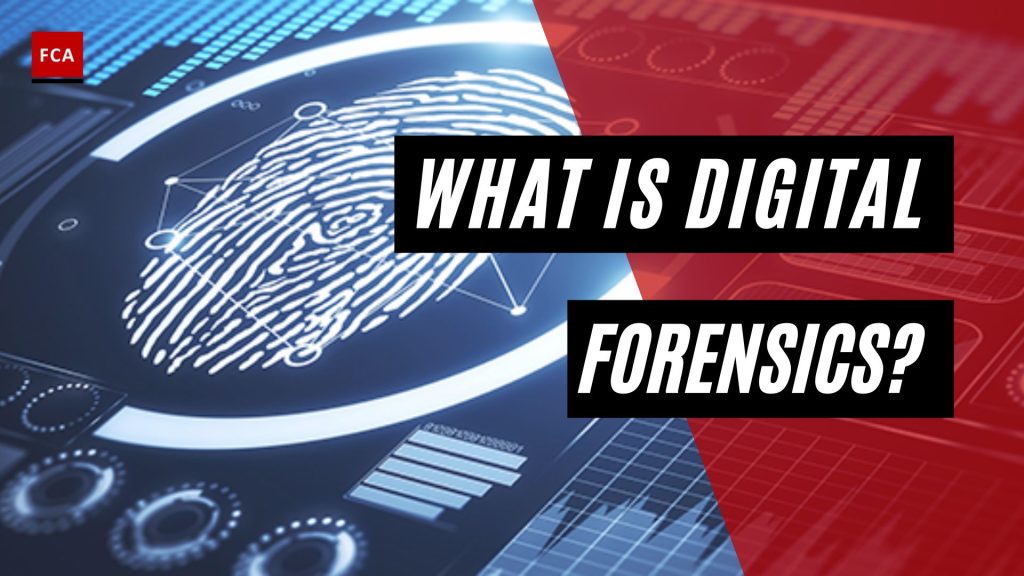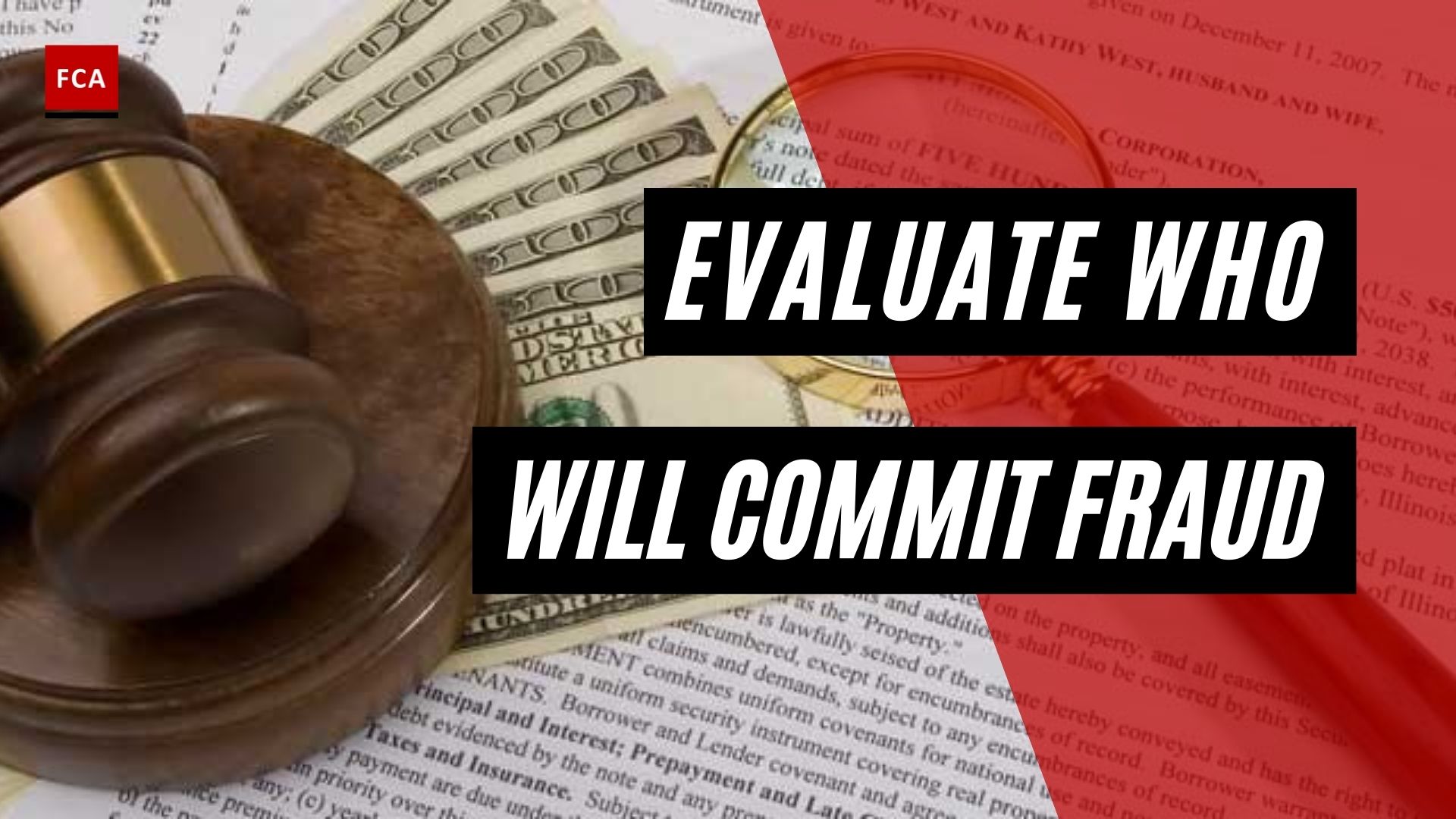Digital forensics is a process that involves focusing on the recovery and performing an investigation of information or data found in electronic or digital devices related to cybercrime incidents or suspicions.
Digital forensics is performed by a team of specialists and experts with knowledge of the process and digital devices being investigated to explore facts and evidence related to particular cybercrime. Specialists possess expertise in performing forensics investigations to conclude criminal or cybercrime incidents. They are experienced in searching and gathering digital evidence, considering the technical flow of data and digital footprints stored or recorded in electronic or digital devices. Cyber forensic specialists are experts in performing investigations of encrypted data using different types of forensics software, tools, and techniques. They can crack passwords, recover deleted files, etc., to find evidence supporting the cybercrime incident.

Digital Forensics Definition
Digital forensics has expanded to include investigating devices that may store digital data or information.
The evolution of digital forensics is linked with the first computer crime reported in 1978, followed by the Florida computers act. Digital forensics emerged in the early 21st century and gained popularity later when more digital devices were introduced in the market and used by corporates for data processing, recording, and sharing purposes.
The digital forensics process requires identification, preservation, assessment, and evaluation of the digital evidence gathered. Uncovering and interpreting electronic data or information requires subject matter expertise, and it is performed to identify the root cause of the particular cybercrime incident. The purpose of digital forensics is to identify and preserve the digital evidence in its most-purest form, to make it possible for relevant investigation procedures to be performed and a conclusion made.
For corporates and businesses, digital forensics is a very important part related to the incident response process. The digital evidence gathered from electronic devices may be asked to be presented in a court of law. Therefore, organizations or businesses perform forensics reviews diligently and with the required care.
After an appropriate assessment of gathered digital evidence, the facts are consolidated concerning the reported digital crime or cybercrime. The findings or digital forensic reports are compiled by the digital forensic specialists and presented to the organization’s senior management for review and necessary actions. Digital forensics reports may also be presented to the regulatory authorities per applicable requirements.

Final Thoughts
Digital forensics, also known as computer forensics, is the process of collecting, analyzing, and preserving electronic data in a way that is admissible as evidence in a court of law. It involves the recovery and analysis of data from electronic devices such as computers, mobile phones, and digital storage media, to investigate and solve crimes. Digital forensics is used in a variety of contexts, including criminal investigations, civil litigation, and corporate investigations. It can be used to uncover evidence of fraud, cybercrime, intellectual property theft, and other illegal activities.









